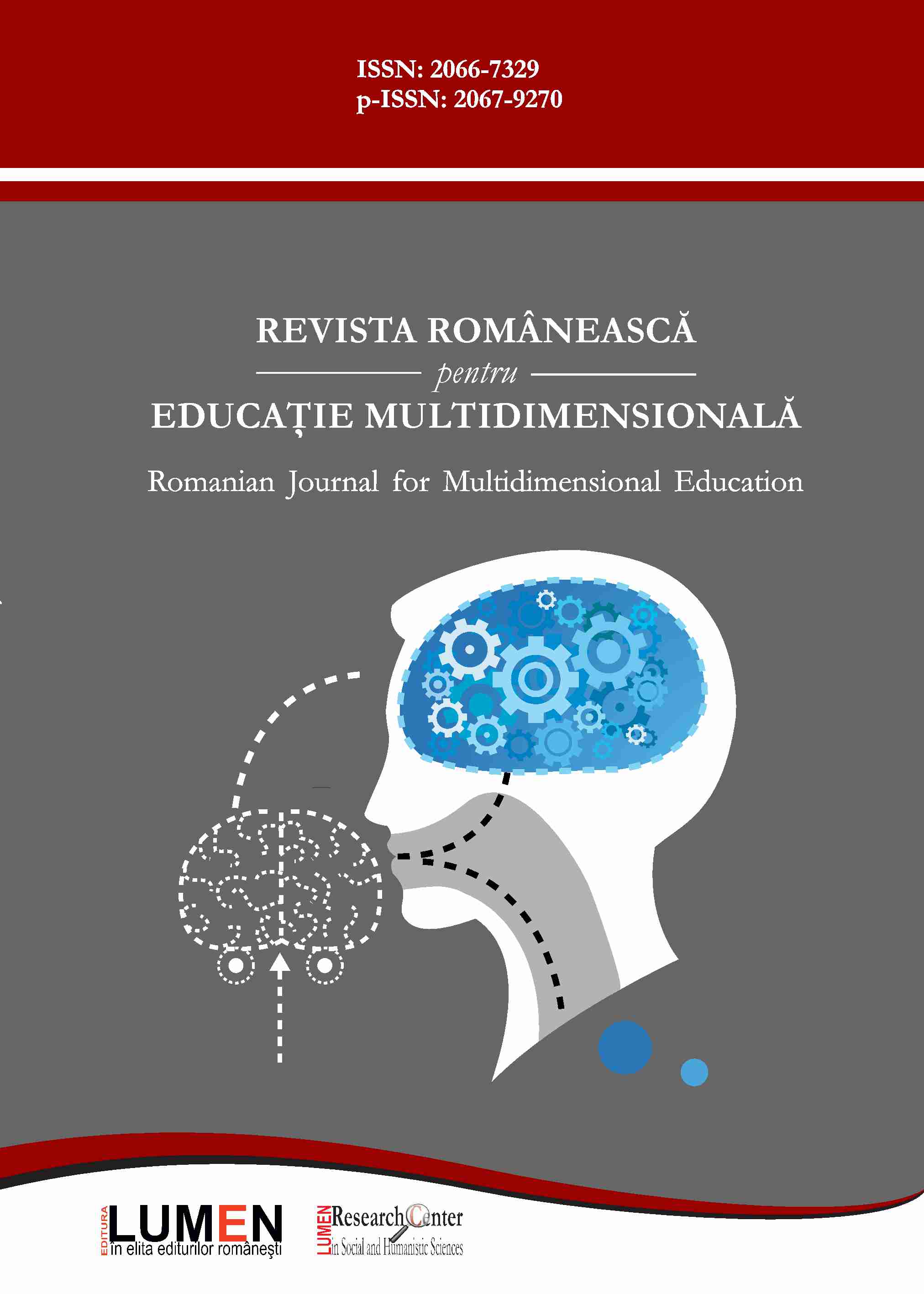Training Future Primary School Teachers to Organize Game-Based Music Activities
Training Future Primary School Teachers to Organize Game-Based Music Activities
Author(s): Nataliia Marievych, Mariia Kuziv, Tеtiana Doroshenko, Olena Aliksiichuk, Tetiana Borysova, Viktoriia FedorchukSubject(s): Social Sciences, Education, Pedagogy
Published by: Editura Lumen, Asociatia Lumen
Keywords: gnoseological-cognitive approach; reflexive readiness; student development; methodical skills; integrated approach; educational work; creative approach;
Summary/Abstract: The article analyzes the current role of a game as a universal cognitive method based on relevant literary sources to justify the need to reform the system of professional training for primary school teachers. The article aims to develop, theoretically justify and experimentally verify the newly modelled pedagogical conditions for training future primary school teachers to organize game-based music activities of primary school pupils, as well as methods of implementing these conditions in teacher education. Importantly, the article demonstrates how the author’s methodology for implementing these pedagogical conditions has been developed, implemented and quasi experimentally verified. As part of preliminary, technological-practical, and creative-organizational stages of such professional training, the new model involves the consistent use of the author’s techniques and algorithms to organize students’ activities in the framework of professional-oriented courses, research projects, as well as an optional course “Practice of Organizing Game-Based Music Activities for Primary School Pupils”. The international relevance of the article lies in developing and implementing universal educational conditions to train future primary school teachers to organize game-based music activities under today’s conditions of globalization and informatization. The obtained data indicate some positive changes in quasi-experimental groups due to the implemented pedagogical conditions at the final stage of the research.
Journal: Revista Românească pentru Educaţie Multidimensională
- Issue Year: 14/2022
- Issue No: 1
- Page Range: 15-31
- Page Count: 17
- Language: English

